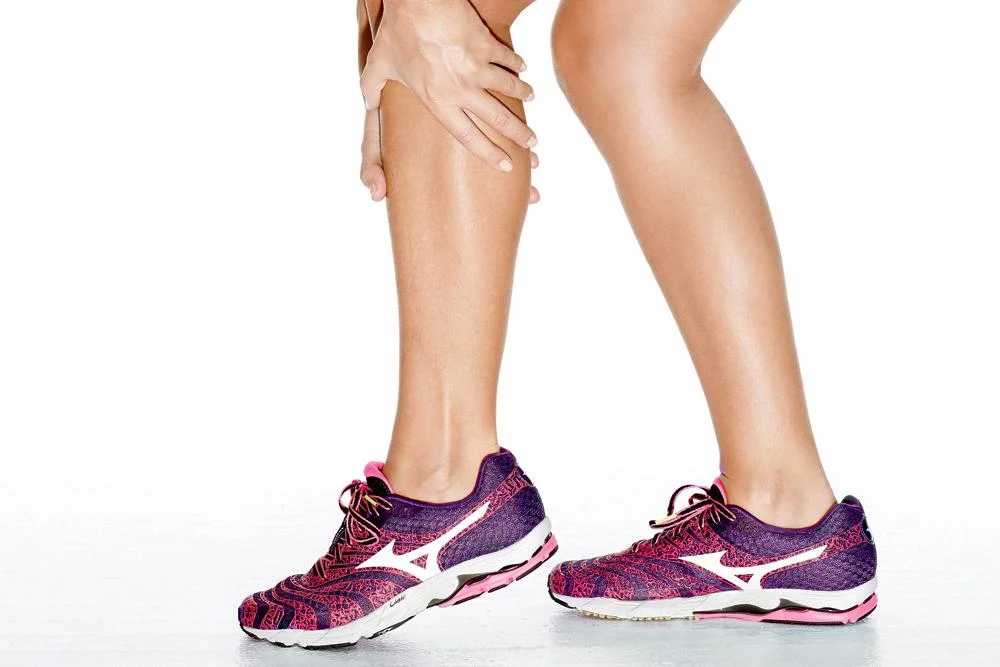There’s nothing worse than rolling over in bed, attempting to get up only to find your leg is in a cramp. Or being out for a walk with the kids and suddenly you find your leg has betrayed you and simply won’t work. Leg cramps are painful, start with very little warning and can strike anyone from the very fittest people downwards. So what can be done to relieve them when they start?
Understanding Cramps
Cramps are one of those conditions that doctors and physios get frustrated by. There are many different causes thus making them difficult to diagnose.
They can be caused by dehydration or from a more serious condition like kidney disease. Vigorous exercise is another frequent cause, as is trauma to the muscle. Even holding the leg in an awkward position for too long can cause a cramp. Certain medications can lead to leg cramps including those prescribed for high blood pressure, birth control and even steroids. A lack of calcium or potassium in the system can be a cause and even the weather can affect the condition...along with everything else.
As well as the spontaneous condition that comes out of nowhere, people can also suffer with acute leg cramps. However, these shouldn’t be confused with restless leg syndrome, which is a more serious condition characterised by throbbing and pulling sensations in the leg.
Prevention and Relief
It may look pretty funny for anyone that may witness it but the best way to alleviate night-time cramps is to move around, jiggle or shake the leg. Rubbing muscles and even pumping ankles up and down may also cause a few laughs but can help ease the pain.
Those suffering with chronic leg cramps have discovered that cool compresses can be beneficial. This has the effect of numbing the pain and also reducing the soreness associated with the cramps. However this shouldn’t be used as a replacement for exercising the muscles to ease the cramps.
Another way to ward off cramps is to drink plenty of water. It is easy to forget to drink anything other than coffee or tea during the day and while these have their benefits, pure water is the best to fight off dehydration and cramps. Magnesium and potassium rich foods may also be beneficial, foods like bananas, quinoa and nuts, but if you are on medication, speak to your doctor about these in case they cause interference.
Anyone over the age of forty is more likely to suffer with cramps. This is because the musculoskeletal system hits a peak at the age of twenty then heads downhill for the next twenty years. By the forties, we need to work on strengthening the system to get it to work as best it can. If you experience cramps that last in excess of five or ten minutes however you should seek out your GP or a physiotherapist. Likewise, if the cramps happen multiple times each week, then seek a professional for extra advice.

